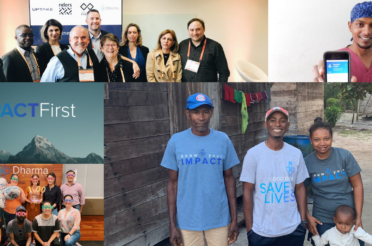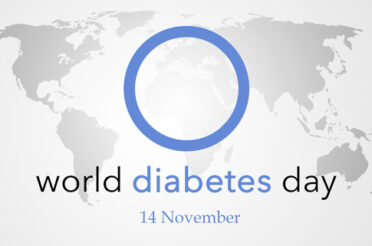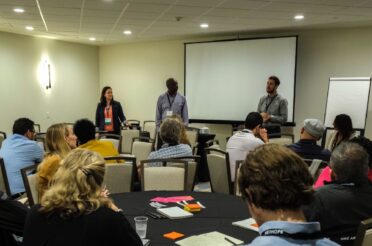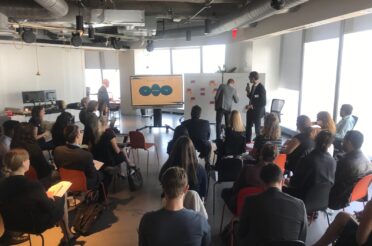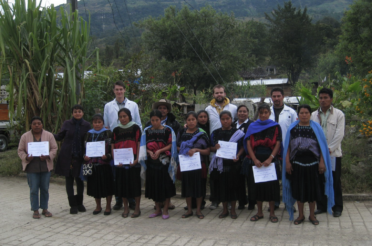Each year on December 18th, the United Nations uses International Migrants Day to highlight contributions made by the roughly 272 million migrants around the world – including more than 41 million internally displaced persons (IDPs) – and the challenges they face. This year’s International Migrants Day theme is “We Together.” As the International Organization for Migration highlights: “when old meets new in a spirit of hope and acceptance…we learn together, create together, work together.” It’s a sentiment we share at Dharma Platform.
Since 2016, Dharma Platform has been working with NGOs in Europe, the Middle East, North Africa, and Southeast Asia to ensure their programs have valid, relevant and disaggregated data on the conditions in which migrants and their families live and work. Alongside our NGO partners – and in the spirit of #WeTogether – we support efforts to ensure digital data collection can be used as a tool for the protection of migrants’ human rights.
In today’s politicized discussions around migration, decisions continue to be made in the glaring absence of data – or reference data that are incomplete. For example, data on migration flows rarely offer insights into the human rights circumstances of migrants and their families, including their access to health, education, social protection, and living standards. This lack of reliable data on migrant rights and correlate migration status conceals inequalities, perpetuating a system of discrimination against the most vulnerable.
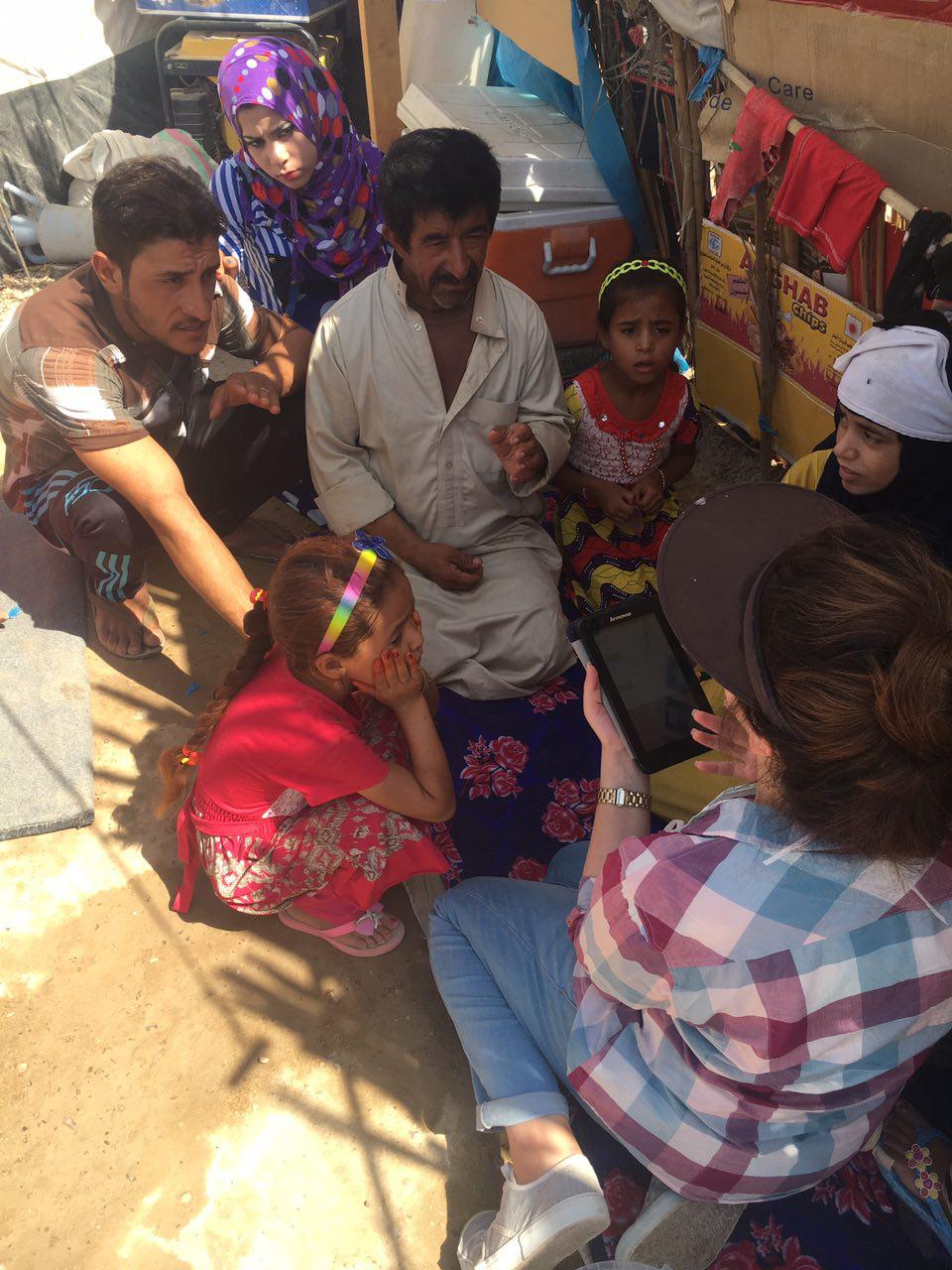
At the height of Europe’s refugee and migrant crisis in 2016, Dharma Platform was used by the Syrian American Medical Society in Greece to address these challenges and provide medical relief to thousands of vulnerable migrants and refugees. Since then, other NGOs operating across Libya, Iraq, Lebanon, Syria, Jordan, and Bangladesh have also leveraged Dharma Platform to improve their data management practices.
With Dharma Platform, MEAL (Monitoring, Evaluation, Accountability, and Learning) managers have been able to keep all data instruments in a single, secure database, improving workflow for staff. Protection managers have been able to more quickly to identify vulnerable individuals; delays, gaps, and inaccuracies in cash distribution have been reduced; and programs are more evidence-based thanks to the availability of accurate real-time data.
We are proud that embracing digital data collection has enabled our NGO partners to better monitor, report, and act on the human rights situation of migrants through data-driven decision making.
Consequently, given the nature of ever-evolving technological development, it is vital that particular risks around ethical data use, confidentiality, the right to privacy, and data protection be mitigated through the development of indicators for data-gathering, data analysis, and dissemination. At Dharma Platform, we understand that the security of data is as essential as its accuracy and our secure, encrypted infrastructure helps NGOs stay compliant with international rules on data protection and the right to privacy in the collection, storage, use and dissemination of such information.
As we head into a new decade, we know that data-driven technologies and digital ecosystems will increasingly intersect with migrants, refugees, and the displaced. From biometrics to drones and databases, #WeTogether as NGOs, technology providers, human rights campaigners, lawmakers, and funders will have to ensure the human rights of migrants remain at the forefront of our minds and missions, not only on International Migrants Day, but every day.
